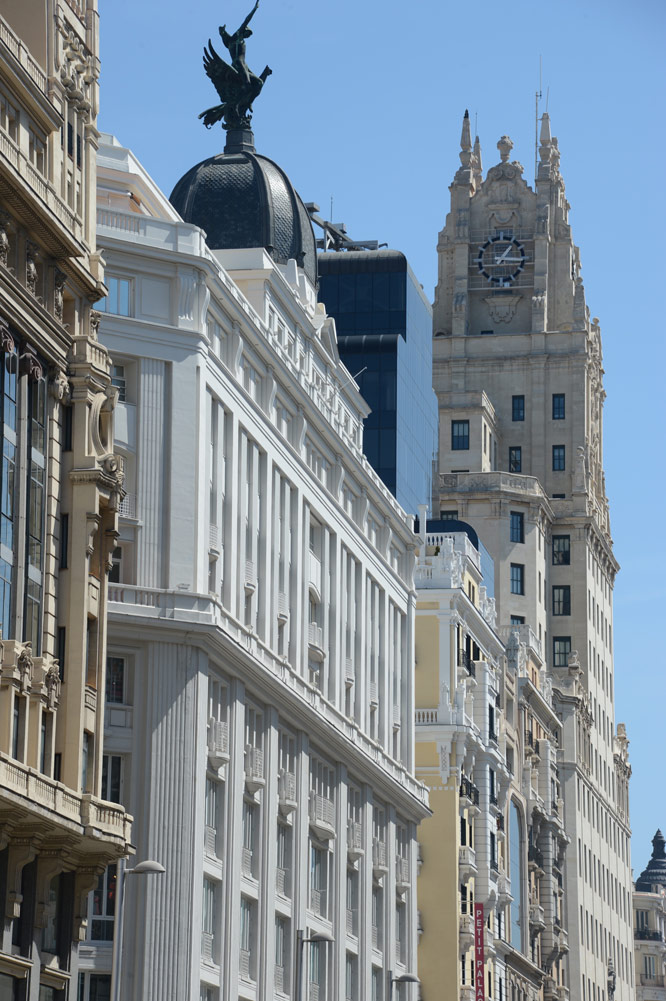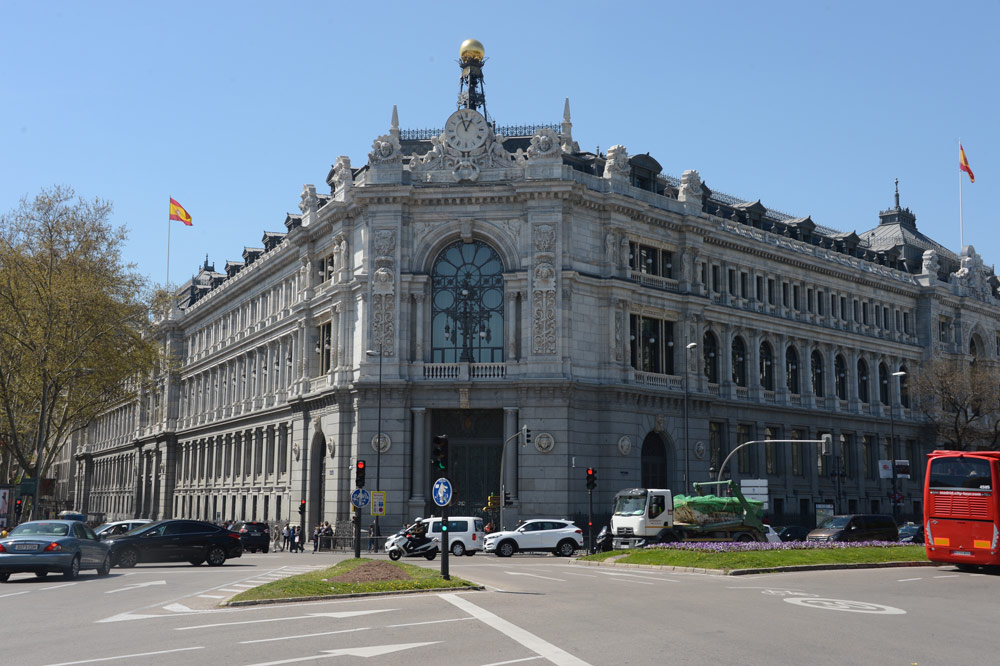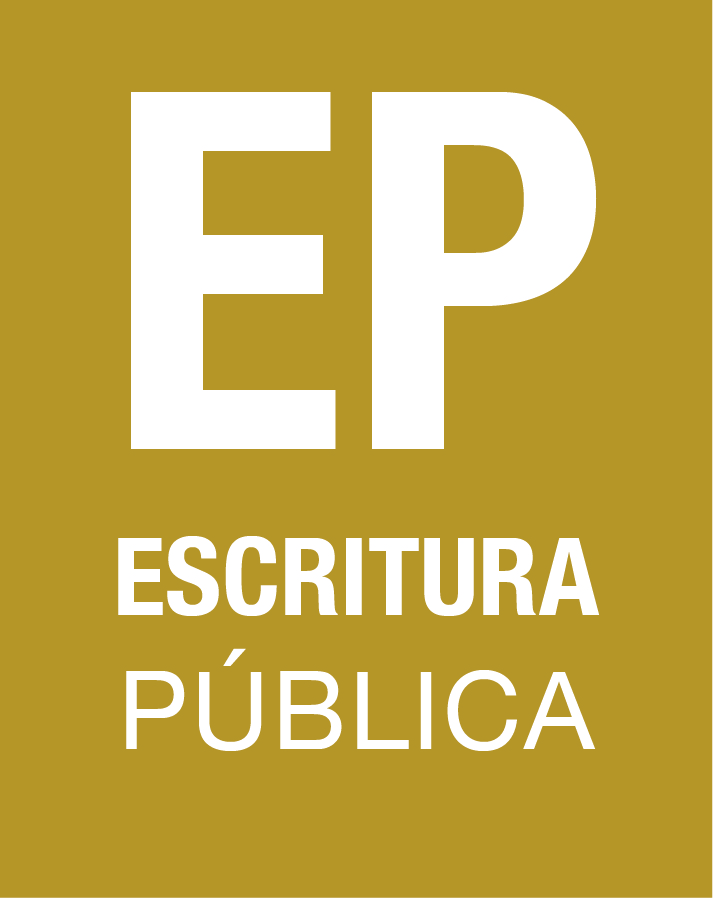ÁMBITO EUROPEO
MADRID, SEDE EUROPEA DE ANTIBLANQUEO
MADRID, EUROPEAN ANTI-MONEY LAUNDERING HEADQUARTERS
FERNANDO GEIJO
- Mail: [email protected]
- Twitter: @fergeijo
- Facebook: Fernando Geijo

La pertinaz sequía que sufre España en materia de adjudicación de sedes de agencias europeas supone un evidente agravio comparativo con respecto a nuestros homólogos europeos. Sin embargo, tanto España en general, como su capital en concreto, merecen ser la sede de la nueva Autoridad Europea contra el Blanqueo de Capitales y la Financiación del Terrorismo (AMLA, por sus siglas en inglés).
La primera noticia que tuvimos de esta posibilidad fue el anuncio hecho público hace algunos meses por el alcalde de Madrid y el secretario general del Tesoro y Financiación Internacional de postular Madrid como sede de esta nueva autoridad europea.
Para ello cuentan con el apoyo decidido de las Administraciones públicas españolas, el Ministerio de Asuntos Económicos y Transformación Digital y el Sepblac a la cabeza; el sector bancario (por supuesto el Banco de España y las principales asociaciones); los empresarios (todas las patronales), la Comisión Nacional del Mercado de Valores, y numerosas profesiones, como los notarios, los abogados…
¿Por qué Madrid?
La capital de España es la única gran urbe de la Unión Europea que todavía no alberga la sede de alguna agencia o institución europea. De hecho, la acumulación de poder que despliegan otras ciudades, con los casos más significativos del Banco Central Europeo (BCE), sito en Fráncfort, o la Autoridad Bancaria Europea (EBA) reubicada en 2019 en París tras su mudanza desde la City londinense como consecuencia del Brexit, no hace más que resaltar esa indiscutible descompensación del reparto administrativo intracomunitario.
Las fortalezas de Madrid son innegables a la hora de tener serias opciones de alzarse como el hogar definitivo de la AMLA.
De entrada, su tradicional dinamismo, que la sitúa como la 6ª región por PIB de la UE, y con una intensa actividad innovadora: es pionera en la autorización del SandBox y en proyectos greenfield adjudicados y la 5ª en Fintech en Europa.
MADRID ES UNA CIUDAD SEGURA, CON CALIDAD DE VIDA, TRANSPORTE, EDUCACIÓN, OCIO, INFRAESTRUCTURAS, ACOGEDORA Y DIVERSA
Por otra parte, la candidatura madrileña está plenamente alineada con el estricto cumplimiento de los requisitos esgrimidos por los responsables de la adjudicación, como son: contar con centros educativos y asistencia sanitaria de excelencia y calidad; un mercado laboral cualificado y accesible para los cónyuges de los empleados de la agencia; disponer de un edificio representativo; y de una amplia e integrada red de transporte público y conectividad digital de alta velocidad, lo que conforma una excelente panoplia de argumentos dignos de tenerse en cuenta por los correspondientes evaluadores comunitarios.
Además, Madrid es famosa por su conocido sentido de acogida, hospitalidad y tolerancia. Un sentimiento gracias al cual nadie se siente forastero o discriminado por su origen y, en consecuencia, todos los que llegan a la ciudad se integran como madrileños desde el primer momento, sin importar su lugar de nacimiento, cultura, religión o procedencia.
La ciudad dispone, además, de una vibrante vida cultural, así como de una intensa actividad con múltiples y variadas opciones de ocio, sin olvidar su reputada oferta gastronómica, tanto internacional como autóctona.
A la vanguardia en la lucha contra delitos financieros
A las evidentes ventajas que supondría ubicar la sede de la AMLA en Madrid habría que sumar, además, un hecho diferencial que suma puntos a favor de la candidatura española: la larga tradición de nuestro país en la lucha contra el blanqueo de capitales y la financiación del terrorismo.
Ello, sin dejar de lado otros aspectos como la legislación avanzada en la materia; la existencia de una potente UIF (el SEPBLAC) y fuerzas y cuerpos de seguridad especializados para hacer frente a los delitos desde el ámbito preventivo y represivo; o la existencia de organismos especializados y herramientas de prevención del blanqueo de capitales y la financiación del terrorismo, pioneros a nivel internacional.
En este sentido, España fue el primer país que creó, atendiendo a la posibilidad brindada por los instrumentos internacionales, en el año 2005, un Órgano Centralizado de Prevención del Blanqueo de Capitales (OCP), concretamente del sector notarial. Este organismo, integrado por especialistas en prevención del blanqueo de capitales, asume ciertas obligaciones de prevención del blanqueo de capitales y la financiación del terrorismo en nombre de los notarios.
Su existencia y el compromiso de los notarios en la materia posibilitan el acceso a las autoridades competentes y sujetos obligados a la primera base de datos centralizada existente en el país con información sobre titulares reales (BDTR) de las personas jurídicas.
Tanto el OCP como la BDTR han sido reconocidos por GAFI como herramientas fundamentales en las altas calificaciones obtenidas por España en la evaluación realizada a su sistema de lucha contra estos delitos.
Madrid en cifras
- 3ª ciudad más habitable del mundo (Mori Global Power Cities Index 2019).
- 1ª ciudad de Europa preferida para vivir por la generación Z (entre 18 y 22 años), según Spotahome 2018.
- 1ª ciudad del mundo donde los expatriados se sienten mejor acogidos (International Expat City Ranking 2019).
- 4ª mejor ciudad de Europa para vivir (Time Out Best Cities in the World 2019).
- Reconocida como Ciudad Arbórea del Mundo 2019 por la FAO y la Fundación Arbor Day.
- 6ª ciudad de Europa con mejor movilidad sostenible (Greenpeace 2018).
- 5ª ciudad con mejor movilidad y transporte del mundo (IESE Cities in Motion).
- Madrid-Barajas es el mayor aeropuerto del Sur de Europa (Skytrax World Airport Awards 2020).
- 6ª ciudad de Europa con mejor conectividad (Financial Times, fDi – European Cities and Regions of the Future 2020/2021) y centro de una red de alta velocidad de 4.000 km, la 2ª del mundo tras China, que conecta la ciudad con toda España y el resto de Europa.
- 6ª ciudad del mundo con mejor calidad de la sanidad (Deutsche Bank Mapping the World’s Prices 2019).
- 5ª ciudad del mundo con mayor seguridad en las infraestructuras (The Economist Safe Cities Index 2019).
- 9ª ciudad del mundo con mejor salud y seguridad (PWC Cities of Opportunity 2016) y 4ª de la UE más segura.
- Forma a los mejores profesionales, con 3 escuelas de negocios locales entre las 50 mejores del mundo.
- Cuenta con 98 museos, 4ª del mundo en teatros musicales y 2ª de Europa con mejor gastronomía (21 estrellas Michelin).
Para saber más / Find out more
El lugar perfecto para que AMLA prospere.
The perfect place for AMLA to thrive.
The persistent drought suffered by Spain in the allocation of European agency headquarters clearly constitutes a comparative slight as regards our European counterparts. However, both Spain in general, and its capital in particular, deserve to be the base for the new European Anti-Money Laundering Authority (AMLA).
The first news we heard of this possibility was the public announcement a few months ago by the mayor of Madrid and the Secretary-General for the Treasury and International Finance that Madrid would be bidding to host this new European authority.
They enjoy decisive support in this venture from Spain’s public authorities, headed by the Ministry of Economic Affairs and Digital Transformation and the SEPBLAC; the banking sector (the Bank of Spain, of course, as well as the main associations); the business world (all the employers’ confederations), the National Securities Market Commission, and numerous professions, such as notaries, lawyers…
Why Madrid?
The Spanish capital is the only major city in the European Union that does not yet house the headquarters of any European agency or institution. Indeed, the power built up by other cities, most notably the European Central Bank (ECB), located in Frankfurt, and the European Banking Authority (EBA) relocated in 2019 to Paris after its move from the City of London as a result of Brexit, only highlights this indisputable imbalance in administrative distribution within the EU.
Madrid’s strengths are undeniable in terms of having a realistic chance of becoming the permanent home of the AMLA.
To begin with, its traditional dynamism, making it the sixth region of the EU in GDP terms, and with intense innovative activity: pioneering the authorisation of the SandBox and the awarding of greenfield projects, ranked 5th in Europe for Fintech.
MADRID IS A SAFE, WELCOMING, AND DIVERSE CITY, WITH QUALITY OF LIFE, TRANSPORT, EDUCATION, LEISURE, INFRASTRUCTURE
Meanwhile, the Madrid candidacy is fully aligned with strict fulfilment of the requirements set out by those responsible for the decision, such as: educational institutions and healthcare of excellence and quality; a qualified and accessible labour market for the spouses of the agency’s employees; a landmark building available; and an extensive and integrated public transport network and high-speed digital connectivity, making for an outstanding array of arguments worthy of consideration by the EU decision-makers involved.
In addition, Madrid is famous for its well-known spirit of welcome, hospitality and tolerance. A feeling thanks to which no one feels an outsider or discriminated against because of their origin, with all those arriving in the city feeling as at home as locals from the very outset, regardless of their place of birth, culture, religion, or background.
The city also has a vibrant cultural life, as well as a non-stop range of varied leisure options, without overlooking its renowned gastronomic offering, both local and international.
Leading the way in the fight against financial crime
Aside from the obvious advantages of locating the AMLA headquarters in Madrid, we should also add in a distinctive factor earning even more points in favour of the Spanish bid: our country’s long tradition in the fight against money laundering and terrorist financing.
This, without neglecting such other aspects as advanced legislation in this field; the existence of a powerful FIU (the SEPBLAC) and specialised law enforcement agencies to deal with crimes from the aspects of prevention and prosecution; and the existence of specialist bodies and tools to prevent money laundering and terrorist financing, with international flagship status.
In this regard, Spain was the first country, in accordance with the option provided by international instruments, to set up a Centralised Body for the Prevention of Money Laundering (the OCP) in 2005, specifically in the notarial sector. This body, made up of AML specialists, takes on certain obligations for the prevention of money laundering and terrorist financing on behalf of notaries.
Its existence and the commitment of notaries in this field provide the competent authorities and obliged subjects with access to the country’s first centralised database of information on beneficial owners of legal entities (the BDTR).
Both the OCP and the BDTR have been recognised by the FATF as fundamental tools in the high scores obtained by Spain in the evaluation conducted of its system to combat these crimes.

Madrid in figures
- 3rd most liveable city in the world (Mori Global Power Cities Index 2019).
- 1st choice European city to live in for Generation Z (aged 18-22), according to Spotahome 2018.
- 1st city in the world where expats feel most welcome (International Expat City Ranking 2019).
- 4th best city in Europe to live in (Time Out Best Cities in the World 2019).
- Recognised as Tree City of the World 2019 by the FAO and the Arbor Day Foundation.
- 6th-ranked city in Europe for sustainable mobility (Greenpeace 2018).
- 5th-ranked city in the world for mobility and transport (IESE Cities in Motion).
- Madrid-Barajas is the largest airport in southern Europe (Skytrax World Airport Awards 2020).
- 6th-ranked city in Europe for connectivity (Financial Times, fDi – European Cities and Regions of the Future 2020/2021) and the centre of a 4,000 km high-speed network, the 2nd-biggest in the world after China, connecting the city with the whole of Spain and the rest of Europe.
- 6th-ranked city in the world for quality healthcare (Deutsche Bank Mapping the World’s Prices 2019).
- 5th-safest city in the world for infrastructure (The Economist Safe Cities Index 2019).
- 9th-ranked city in the world for health and safety (PWC Cities of Opportunity 2016) and 4th-safest in the EU.
- It trains the best professionals, with 3 local business schools among the top 50 in the world.
- It has 98 museums, is ranked 4th in the world for musical theatres and 2nd in Europe for gastronomy (21 Michelin stars).



